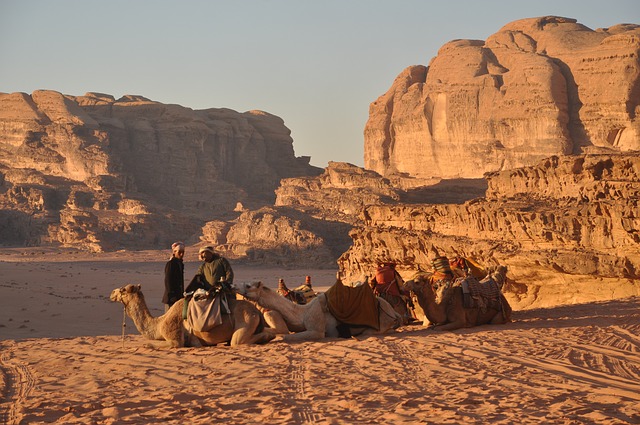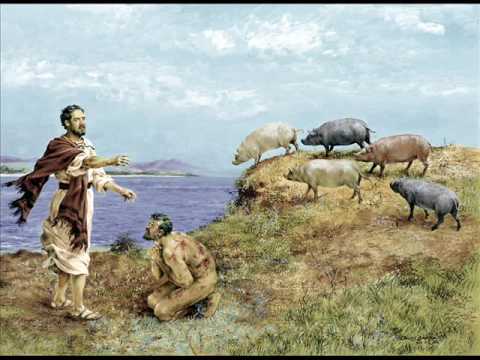The other day I was reading ROADMAP TO RECONCILIATION, by Brenda Salter McNeil, when I came up a quote which I immediately recognized as drawn from Paul’s letter to the Ephesians.
As we conclude our study of that epistle, and as we are currently living through a time of unrest due to discrimination, I wanted to bring this scriptural teaching to our attention.
We believe
- that Christ’s work of reconciliation is made manifest in the church as the community of believers who have been reconciled with God and with one another (Eph. 2:11-22);
- that unity is, therefore, both a gift and an obligation for the church of Jesus Christ; that through the working of God’s Spirit it is a binding force, yet simultaneously a reality which must be earnestly pursued and sought: one which the people of God must continually be built up to attain (Eph. 4:1-16);
- that this unity must become visible so that the world may believe that separation, enmity and hatred between people and groups is sin which Christ has already conquered, and accordingly that anything which threatens this unity may have no place in the church and must be resisted (John 17:20-23);
- that this unity of the people of God must be manifested and be active in a variety of ways: in that we love one another; that we experience, practice and pursue community with one another; that we are obligated to give ourselves willingly and joyfully to be of benefit and blessing to one another; that we share one faith, have one calling, are of one soul and one mind; have one God and Father, are filled with one Spirit, are baptized with one baptism, eat of one bread and drink of one cup, confess one name, are obedient to one Lord, work for one cause, and share one hope; together come to know the height and the breadth and the depth of the love of Christ; together are built up to the stature of Christ, to the new humanity; together know and bear one another’s burdens, thereby fulfilling the law of Christ that we need one another and upbuild one another, admonishing and comforting one another; that we suffer with one another for the sake of righteousness; pray together; together serve God in this world; and together fight against all which may threaten or hinder this unity
Reading this statement brings to my memory the occasion when I took communion in a church in South Africa. It was a liturgical church, with many mixed ethnicities. The practice was to walk toward the front and receive a wafer from the priest, who would wipe the rim of the communion chalice and serve the next person in line. This was during a period of time when there was much publicity about the HIV outbreak.
I think of that occasion because, like this doctrinal confession, my taking communion with a common cup was, for me, a courageous act of faith.The doctrinal statement which I have excerpted above is a courageous act of faith on the part of the Dutch Reformed Mission Church of Southern Africa during the apartheid era. Called the Belhar Confession, it was formally adopted by the denomination in 1986 as a theological confrontation of the sin of racism.Â
Somewhere along the way, many of us adopted the notion that discipleship is risk-free and the gospel anemic. Truth be told, the good news of Jesus and His teachings are dangerous and revolutionary. It calls us to quiet activism, to sacrificial hospitality, and extravagant love.
The body of Christ, connected to Christ the head, is a reconciled and reconciling community. It’s counter-cultural power for good whispers quietly, and many people, even believers, fail to hear its call.
I declare my independence from rancorous diatribes filling today’s social interaction.
I reject the accusatory barbs by Christians, as anti-Christian.
I affirm love which has not lost sight of truth.
I decry divisive prejudice while honoring distinct cultures and views.
I appreciate protest for the “other,” but see greater hope in true friendship with another who is different.
If you would like to read the entire Belhar Confession, click here.
As a good resource for moving forward in reconciliation, see Roadmap to Reconciliation, by Dr. Brenda Salter McNeil here.



